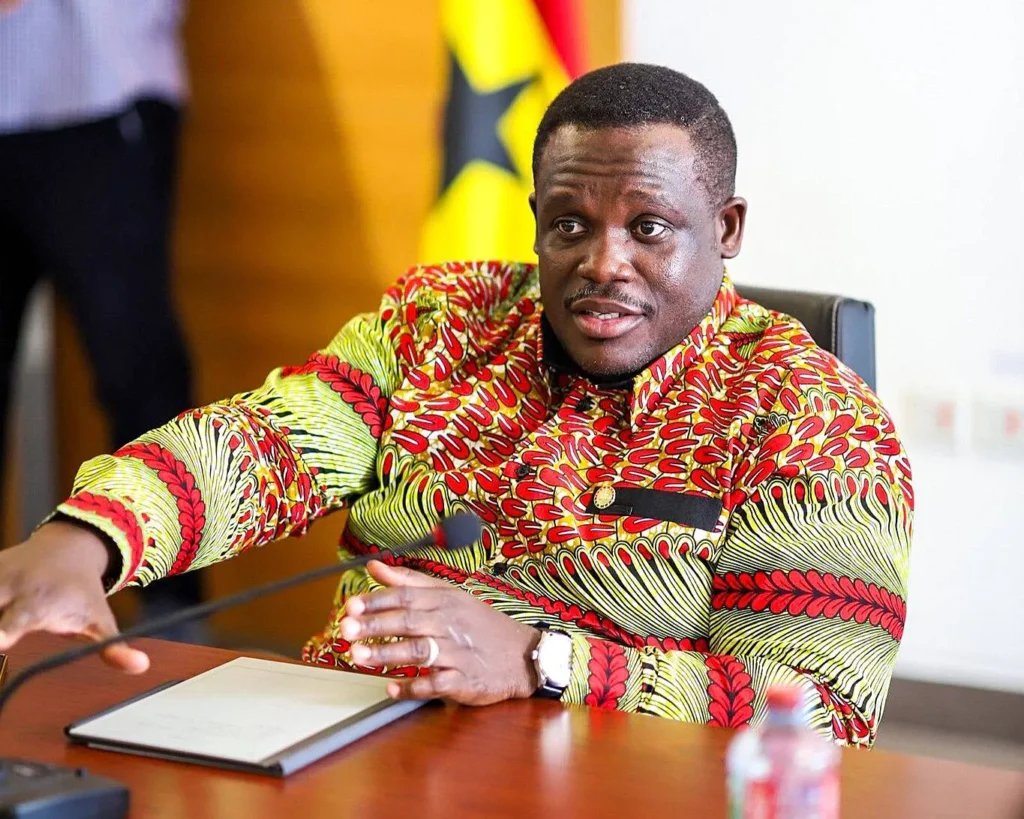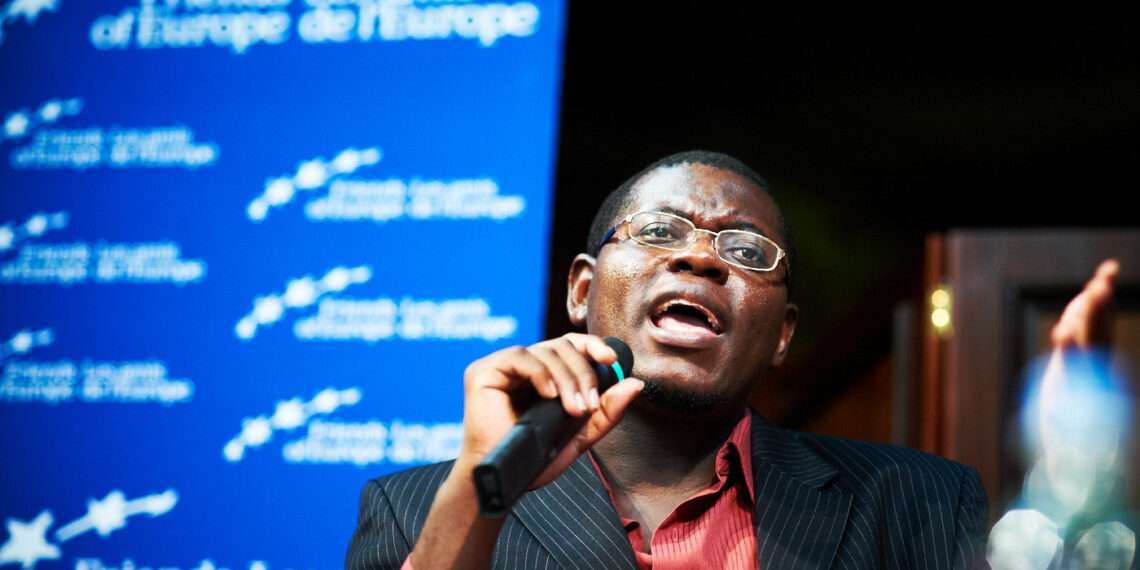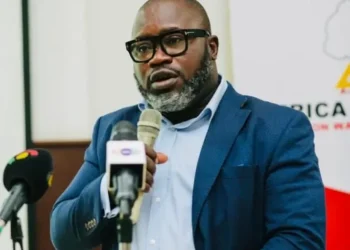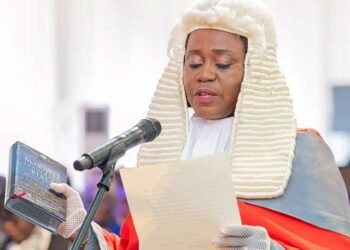The recent controversy surrounding the government’s demand for a 30% price reduction on DSTV packages in Ghana has raised serious concerns about regulatory overreach, legal interpretation, and economic policymaking.
Bright Simons of IMANI Africa has critically examined the Ministry of Communications’ approach, questioning both the legality and economic logic behind the directive to Multichoice Ghana and the National Communications Authority (NCA).
According to Simons, the directive appears to lack proper documentation. No policy paper or supporting appendix has been published alongside the Communications Minister, Sam George’s, instruction to the NCA.
He argued that the absence of formal justification undermines the policy’s legitimacy and leaves key regulatory institutions in the dark.
Simons observed that the Minister’s concerns seem to center specifically on the DSTV line of products, which represent Multichoice’s premium and most expensive offerings. Meanwhile, GOTV, aimed at lower-income consumers, offers packages from below $2 to slightly over $11 per month.
“Every serious country nowadays grants regulators the power to act against price gouging in markets prone to monopoly power. So, it is not out of place for a Minister to intervene if he believes there is clear price gouging. However, ministerial actions must be POLICY-driven. Regulators handle the operational matters.”
Bright Simons

Simons stressed that competition authorities typically initiate formal investigations before making pricing interventions. They usually consult consumers, companies, and competitors to collect data that informs policy.
Accordingly, he pointed out that without such a process, it becomes difficult to justify any pricing decisions or policy shifts. The Minister reportedly presented a comparative table of DSTV prices across African countries, but Simons criticized its methodology.
The comparison was based on national populations rather than actual subscriber numbers, which provide a more accurate gauge of market dynamics.
Ghana Pays More
Bright Simons further revealed that Multichoice has sold around one million decoders in Ghana since its launch in the mid-1990s. However, due to customer attrition, the number of active subscribers is likely below 500,000.
He added that Ghana accounts for a relatively small portion of Multichoice’s African subscriber base. While South Africa holds half of the 14.5 million total subscribers, Nigeria commands nearly 40% of the remaining market.
Countries like Angola and Zambia reportedly generate more revenue for Multichoice than Ghana, despite having smaller populations.
Interestingly, Simons acknowledged that DSTV prices in Ghana are indeed higher than in other major African markets—even higher than in Zambia, which has seen greater inflationary pressure in recent years.
He questioned the basis for the 30% price reduction proposed by the Minister. “Why 30%?” he asked. “Why not 10% or 50%?” The specificity implies that a margin analysis has been done, but no such evidence has been shared publicly.

“For Multichoice to afford a 30% cut in revenues, its profit margin must be significantly higher than 30%. It has a group trading margin of just about 14%. Is it exceptionally profitable in Ghana? Is its Average Revenue per Subscriber in Ghana higher than elsewhere? Has that analysis been done? To whom has it been shown?”
Bright Simons
Furthermore, Multichoice’s reported GDP contribution in Ghana has declined significantly—from about $41 million per year between 2015 and 2018 to under $9 million in recent years.
The company has also allegedly defaulted on taxes and used investment gains to offset reported losses.
The ownership structure of Multichoice Ghana adds another layer to the issue. It operates as a joint venture with the Darko family, the former owners of Hitech, with one family member serving as board chair.
Simons suggested that this may explain why Multichoice has refused the Minister’s request for price cuts and instead proposed retaining more earnings within Ghana.
The question of how much the local subsidiary pays in licensing and royalties to the Multichoice Group remains unanswered.
Simons contrasted the DSTV model with other PayTV providers in Ghana. Unlike mobile telecoms, where network advantages can restrict customer switching, PayTV does not benefit from such barriers.
Thus, the Minister must demonstrate why competition hasn’t lowered DSTV prices. Ghana currently has four digital PayTV providers, including Multichoice’s own GOTV.
DSTV, however, is classified under a unique license as a “satellite subscription management service,” unlike competitors such as StarTimes, which falls under the “Satellite Pay TV” category.
StarTimes’ premium bouquet, according to Simons, costs only 25% of the highest-tier DSTV product. However, the content is largely Chinese, which may not appeal to many Ghanaian viewers.
This raises questions about content rights and distribution. Has Multichoice secured exclusive access to desirable content such as European sports and Hollywood films?
As such, Simons asked whether Ghana’s digital terrestrial TV policy has addressed content licensing effectively and how streaming might disrupt existing dynamics.
Minister’s DSTV Order May Not Hold
For the Minister to substantiate claims of monopolistic pricing, Bright Simons said he must prove that DSTV offerings are similar to competitors’ but priced abusively. Without that analysis, the policy risks collapsing under legal scrutiny.
“Policymaking is built on factual deliberation and analysis,” Simons stated, noting that public interest often favors political response over policy depth. However, ensuring policy integrity requires a well-informed civic sector capable of demanding accountability.
“What happens if the real situation is that Multichoice genuinely can’t cut prices by 30% not that it doesn’t want to? Does NCA have the power to unilaterally revoke a license based on a Minister’s fiat without a full inquiry?
“How will the Electronic Communications Tribunal view the Minister’s actions in that case? What injunctive reliefs can the tribunal offer, and how will that alter the power dynamics in subsequent negotiations? So many unanswered questions. But intriguing all the same.”
Bright Simons

DSTV in Ghana functions under a distinct licensing arrangement. While the service is owned by Multichoice Africa Holdings, it is distributed locally through a joint venture structure.
In comparable cases in countries such as Malawi, courts have relied on two main criteria to assess regulatory disputes: whether the pricing of tariffs is subject to legal regulation, and whether the local licensee has the authority to set its own prices or simply relays pricing decisions made by the parent company.
In Ghana, it appears that Multichoice Ghana lacks significant pricing discretion.
The Minister reportedly had to engage the parent group directly, which makes the case more akin to global digital platforms like Facebook, whose rates are not regulated locally and that do not require licensing.
As the situation evolves, questions persist around the scope of regulatory power, the economics of PayTV, and whether this policy action will withstand legal and public scrutiny.
READ ALSO: Stock Market Set for Explosive Growth Following Rate Cut to 25%, Says Analyst























